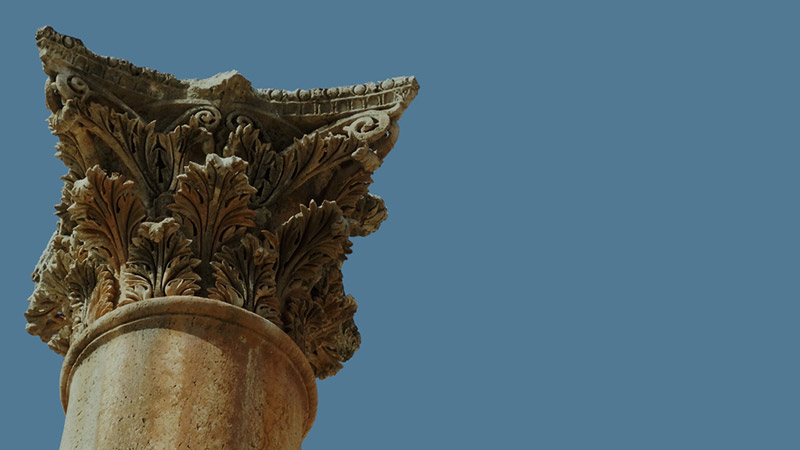More Results
Showing 12 of 53
Discovery Guides

Volume 13 | Israel's Mission Discovery Guide
WHAT S YOUR MISSION?God gave the assignment to His people thousands of years ago: to bring "lost sheep" back into the love and safety of His kingdom. He said to become a "Kingdom of Priests," and put God on display to show the ...
MOREArticles

Volume 13 | Israel's Mission Discovery Guide
WHAT S YOUR MISSION?God gave the assignment to His people thousands of years ago: to bring "lost sheep" back into the love and safety of His kingdom. He said to become a "Kingdom of Priests," and put God on display to show the ...
MOREAudio
Encyclopedia

A Galilean Family Room
This room was the center of family life. It was probably used for eating, for storing food, and for socializing with extended family. Guests could be invited in if the weather was inappropriate for dining outdoors in the courtyard.A small wooden t...
MORE
A Galilean Kitchen
This kitchen is near the door of the house. A domed oven has been reconstructed; it was probably used for heating and cooking when the weather was cold. There would be similar ovens outside for use at other times.The outer part of the oven gathere...
MORE
A Wadi in the Negev
In the Middle East, floods in the desert are a frequent occurrence because of the topography of the land. The mountains to the north of the Negev and to the west of the Judea Wilderness get significant amounts of rainfall during the short rainy se...
MORE
Beth Shemesh
Beth Shemesh, meaning "house of the sun," ' was a small town on the border between Judah and the Philistines. This is the place where the ark of the covenant came when it was returned by the Philistines (1 Sam. 6).Beth Shemesh stands in...
MORE
Building a Typical Galilean Home
The typical Galilean house was built of basalt (dark volcanic rock) with the stones carefully squared or "dressed" by a stonemason (sometimes translated as "carpenter").A wooden scaffold is used in the building process. Smaller...
MOREGlossary

Atrium Definition
Court of a Roman house, roofed at the sides and open in the middle; also the entrance to a Byzantine church.
MORE
Cistern Definition
Because water in Israel is hard to come by, most ancient cities, towns, and even households used cisterns to catch and store rain runoff from rooftops, courtyards, and even streets.Cisterns were dug by hand out of solid rock and were plastered so ...
MORE


















